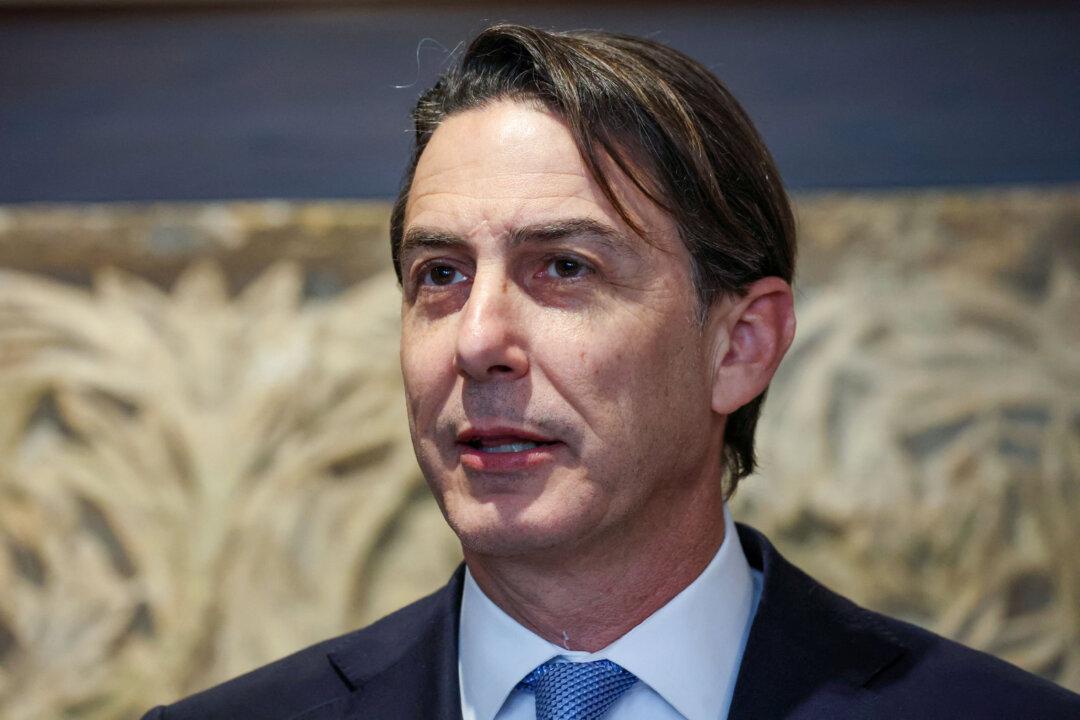U.S. leaders are expressing optimism about prospects for a cease-fire deal between Israel and Hezbollah as the Biden administration, in its closing weeks, presses for progress.
U.S. envoy Amos Hochstein, already having visited Beirut to parley with Lebanese Parliament Speaker Nabih Berri, said he would go to Israel on Nov. 20 to meet with Prime Minister Benjamin Netanyahu to “bring this to a close.”





